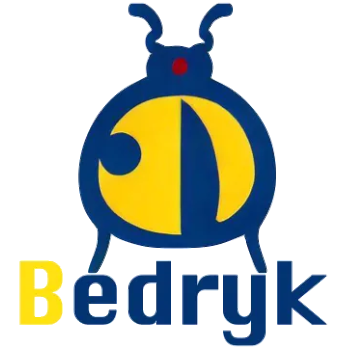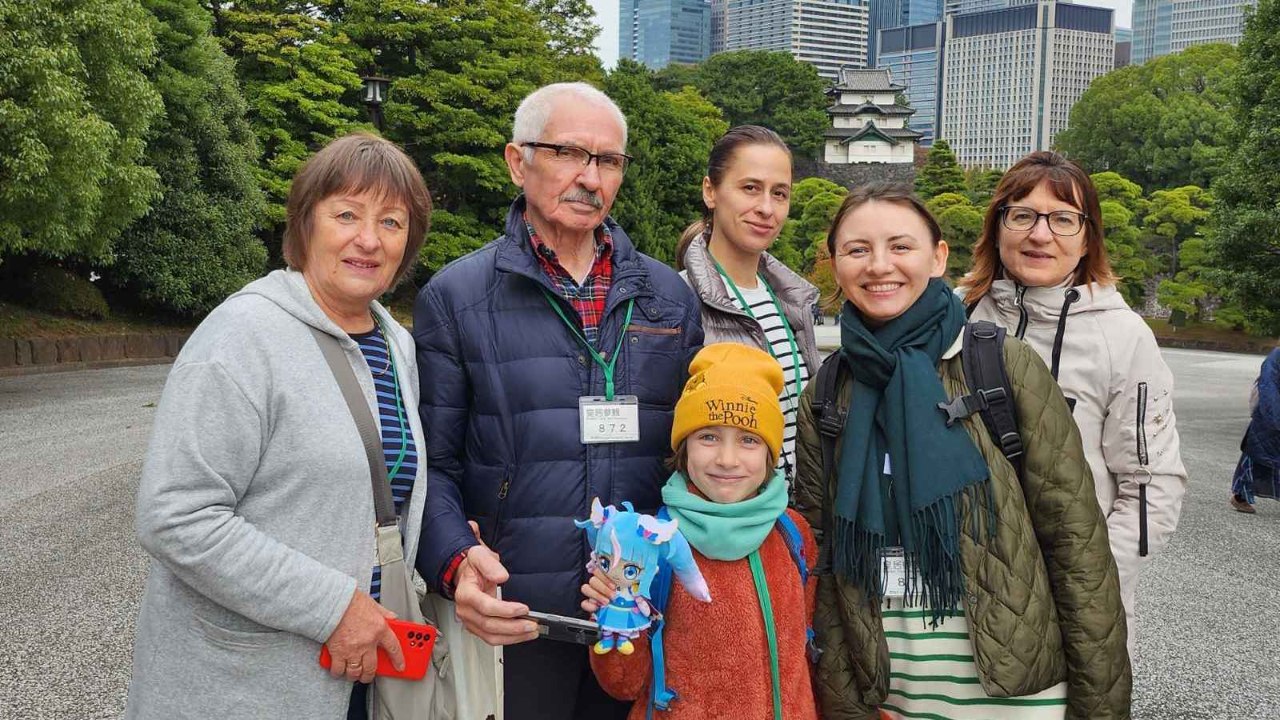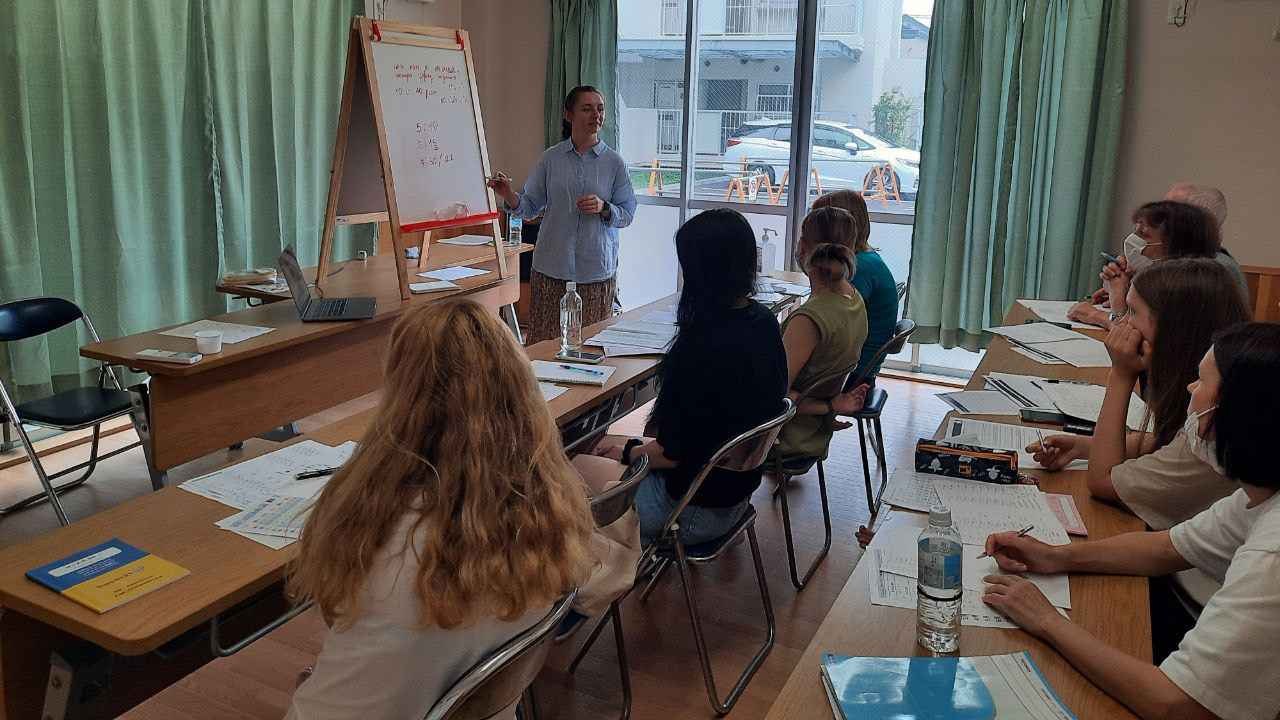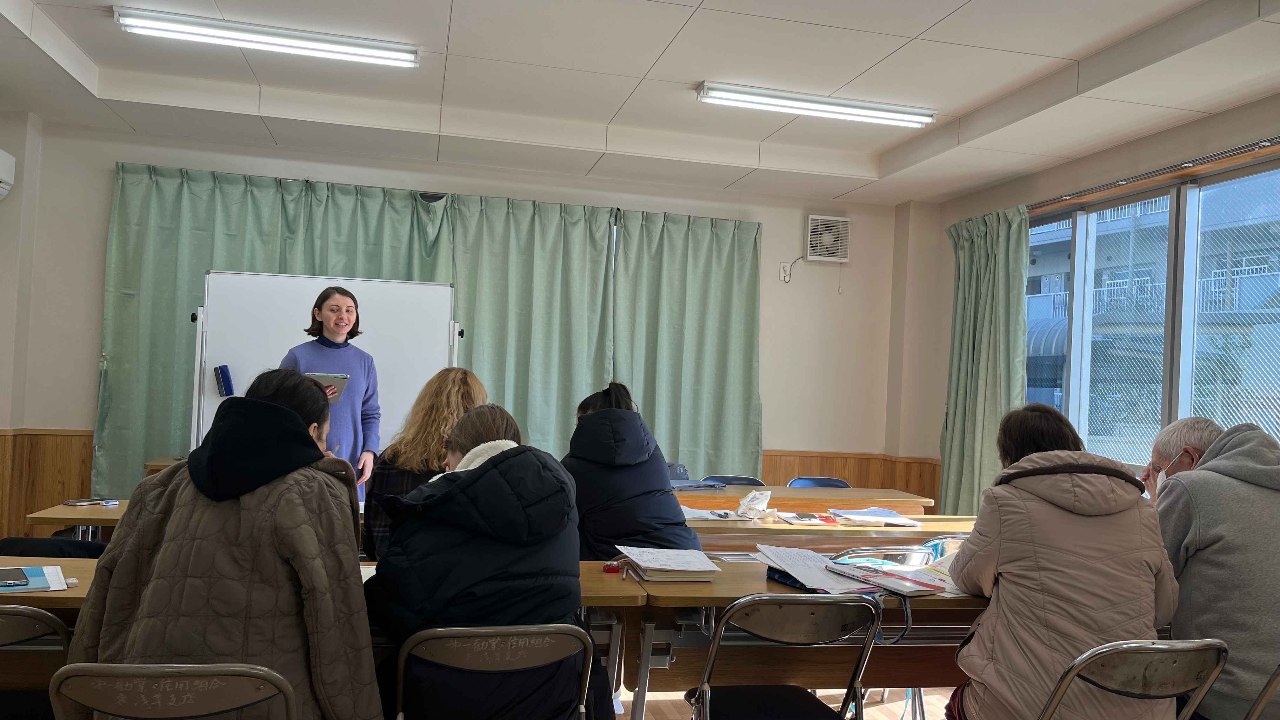Introduction of Organization
"General Incorporated Association Bedryk provides Japanese language lessons and living support for Ukrainian refugees, conducted by Ukrainians in Ukrainian, both online and offline (in Taito Ward, Tokyo) in two groups, four times a week in total." We also provide support for daily challenges, such as consultations for hospital visits or job interviews, and accompanying individuals when necessary. Specifically, we assist with finding hospitals, making appointments, interpreting during visits, translation, and procedural support. In addition to Japanese language study, during the lessons we teach Japanese culture, manners, and nuances of communication, helping refugees integrate into Japanese society.
Background of Activities and Social Issues
We had the opportunity to interact with Ukrainian refugees and learned that they were seeking opportunities for Japanese language education. Although there were already several Japanese language courses available, the issue was that the instructors could not speak Ukrainian or Russian, making it difficult for the refugees to understand the content. To address this problem, we offer Japanese language classes taught by Ukrainian teachers in Ukrainian.
Details of Activities and Achievements
June 2018: Genron Chernobyl Tour
February 24, 2022: Russia invades Ukraine
August 2022: First offline lesson in Taito Ward
Since then, Japanese lessons have been held twice a week
December 2022: Bedryk is established
March 2023: Expanded to two classes. Continued lessons twice a week
May 2023: Received support from the Nippon Foundation
December 2023: Four students took the JLPT N5, and two passed. Currently, three students are preparing for the JLPT N4,N3
Living Support:
- Assistance in finding a job, contacting potential employers, creating resumes, accompanying individuals to interviews, and interpreting; support with administrative procedures. There are four cases of successful employment.
- Booking hospital appointments, accompanying individuals, and providing interpretation (5-6 times per month).
Message from the Representative
Our Story
Until February 24, when I heard the news that Russia had attacked Ukraine, everyone thought that such a thing was impossible and irrational, and that Russia was merely trying to exert pressure on the Ukrainian authorities. I felt the same way as a Ukrainian living in Japan. However, the reality was harsh and merciless. War struck like a heavy stone, plunging the people of Ukraine into despair and fear. Each day was filled with tears, despair, powerlessness, and lethargy. I believe many Ukrainians living abroad were experiencing similar feelings. In order not to completely lose our minds in such a situation, the first thing that came to mind was to "do something." Naturally, in such circumstances, we try to find ways to help our family and friends. At first, I provided financial support to relatives in Ukraine, and then I looked for ways to assist with translations in Japan, eventually starting to work as a translator at the Immigration Bureau of Japan. Next, my friend and I, both holding degrees in education and with experience in translation and Japanese language instruction, decided to do something we were confident about. While conducting a survey targeting refugees from Ukraine with colleagues at the Immigration Bureau, we noticed that many of them wanted to learn Japanese with teachers who could speak Ukrainian. This led us to the idea of establishing the NGO "Bedryk" to offer Japanese language lessons to refugees.
While working as an interpreter and teaching Japanese to refugees, I gradually regained my physical strength, motivation, and vitality. Teaching Japanese to Ukrainians who had sought refuge became my salvation, comfort, and a catalyst for overcoming my depression.
At first, the Ukrainians who had sought refuge were confused, and they didn’t communicate much with each other, suffering in isolation. However, over time, through the Japanese lessons, I noticed that the atmosphere in the group became brighter. Everyone started exchanging information, making friends, and welcoming new students, and the overall mood among the Ukrainians began to change.
About the use donations
This will be used as operating funds for the classroom. Specifically,
- Personnel costs (for 2 teachers);
- Transportation costs;
- Zoom fees;
- Textbook costs;
- Payment to the tax accountant.



